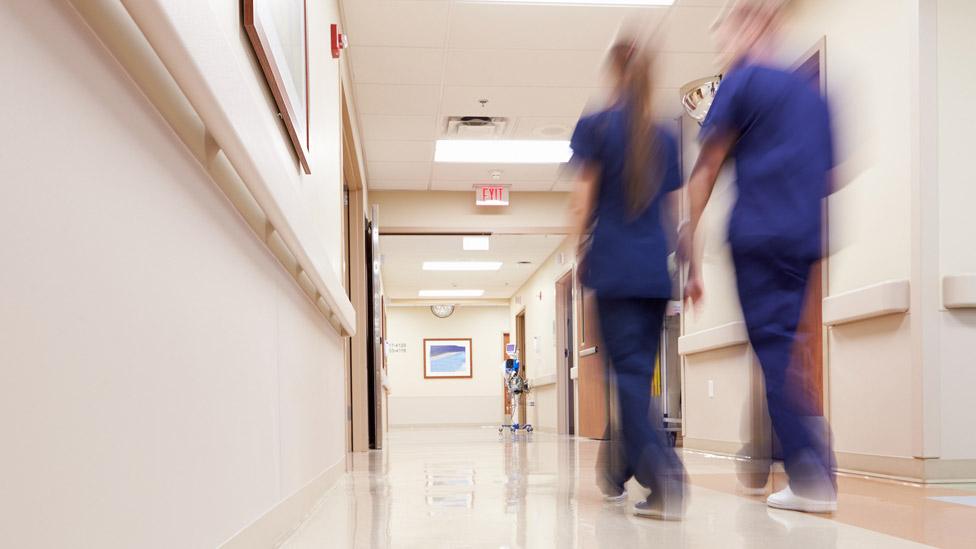NHS Confederation: 'Harder' to find health efficiencies
- Published
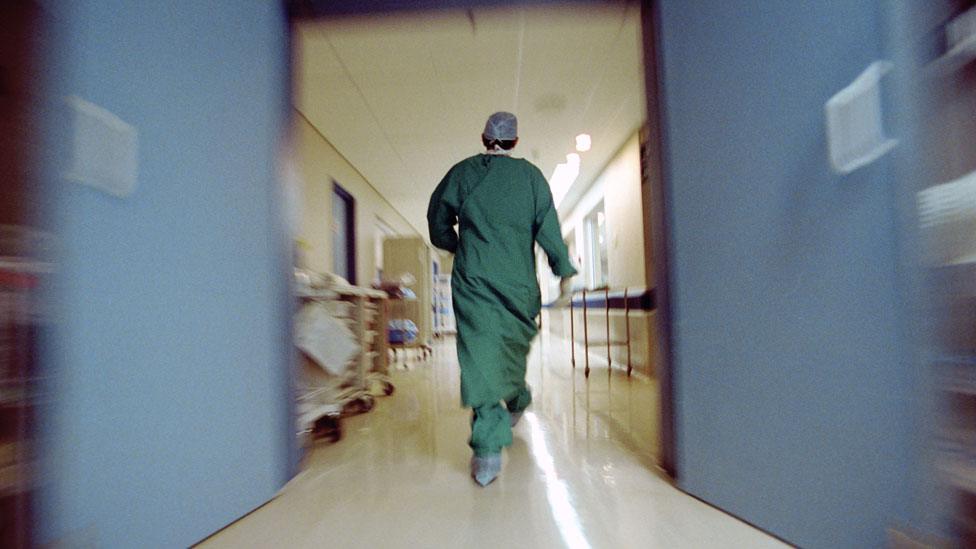
The body representing Wales' seven health boards said it was becoming "harder and harder" to find savings in the NHS.
The NHS Confederation welcomed a major report by a think-tank which looks at the challenges of meeting growing demand.
The Health Foundation warns of a £700m black hole unless the NHS looked at more efficiencies and pay restraint.
But the confederation said there were "considerable challenges".
The think-tank report looks at immediate challenges facing the NHS until 2020, while also looking beyond to the next 10 years after that.
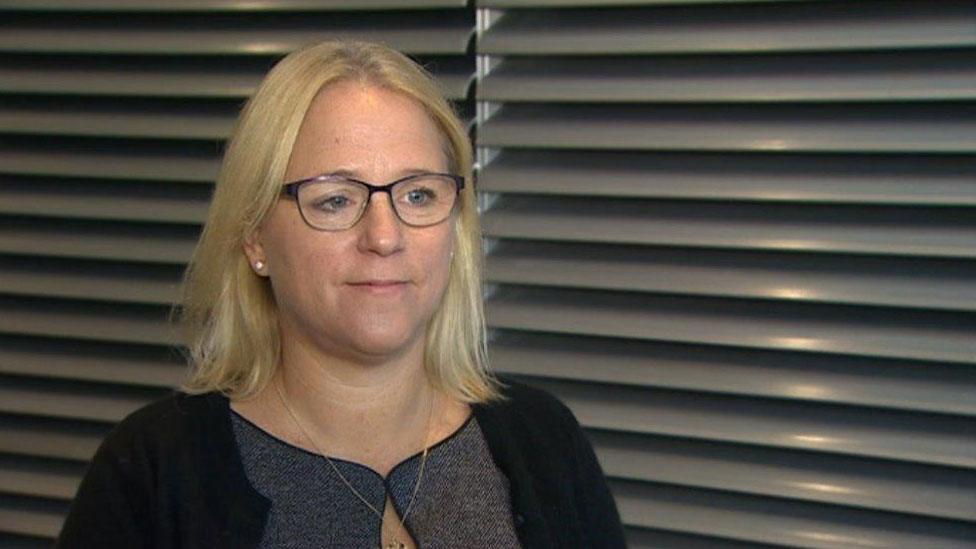
Vanessa Young said there needed to be growth in the system for the NHS
NHS Confederation director Vanessa Young said there were reasons for "cautious optimism" in the longer term but it was "very tough" to expect further savings in the short term after £800m efficiencies had been made over the last five years.
"The NHS will continue to work hard to drive efficiency but it's important to recognise that significant savings have been made in the last few years, and this becomes harder and harder to maintain each year," she said.
"Our members are also facing considerable recruitment and retention challenges across the NHS and there is a risk that the assumptions around pay may not be deliverable."
Ms Young said there are vacancies across the board, with around 630 currently in NHS Wales, nearly 300 of them nurses.
She blamed the impact of cuts in training places across the UK, which were now being felt a few years later.
Ms Young also said medical advances and innovations had to be factored in, besides the challenges of a rising and ageing population.
"The NHS doesn't stand still - there will be expectations from the public and technical advances will start driving further financial pressures."
Health Secretary Vaughan Gething said meeting the financial challenges facing NHS Wales was "realistic and achievable".
Health Secretary Vaughan Gething said £809m additional funding has gone in to the NHS over the last three years - a 14% increase - at a time of a reducing budget overall.
But he said in the long term it depended in the future on the approach of the UK government.
"If they continue to cut public spending in the way they've outlined it could really compromise our ability to have a service which is properly affordable," he said.
"If however they fund it in accordance with expected GDP growth then the health service is affordable - and that's because of the commitments we're making and because the health service has made real efficiencies in how it runs the service and in particular how it treats and manages chronic conditions."
Conservative health spokeswoman Angela Burns AM said the challenge was "very difficult but achievable" if the Welsh Government enforced timely and targeted change.
"There are obvious cost-saving opportunities which can be seized upon, from better management of chronic illness at primary care level to reducing reliance on agency workers," she said.
It was also important to ensure people were "educated and motivated" to improve their lifestyles.
Dr Phil Banfield, chair of the BMA's Welsh council said it was clear that demand for health services in Wales was outstripping the resources available.
"There is already a major problem with staff morale and a pay freeze would certainly impact further," he said.
"Maintaining and improving care in the face of financial challenges for the NHS requires a more strategic response than cutting the terms and conditions of staff. "
He said the focus should be on employers working with doctors and other NHS staff to find more efficient ways of delivering care.
Unison said the earnings of staff should not be penalised.
Donna Hutton, the union's head of health said: "We want immediate action to tackle the unacceptable amount spent on using agency staff. This means a cap on the fees agencies can charge."
- Published13 October 2016
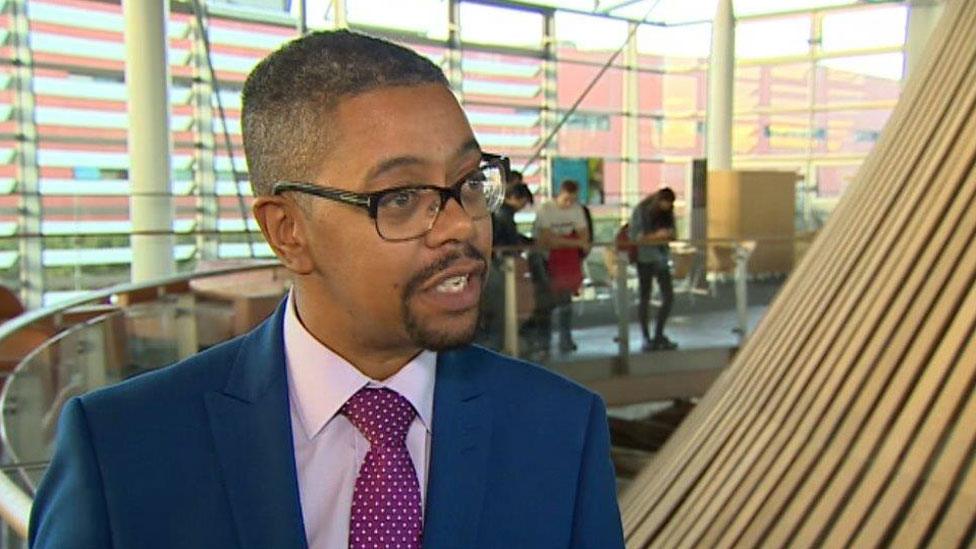
- Published13 October 2016

- Published3 February 2016
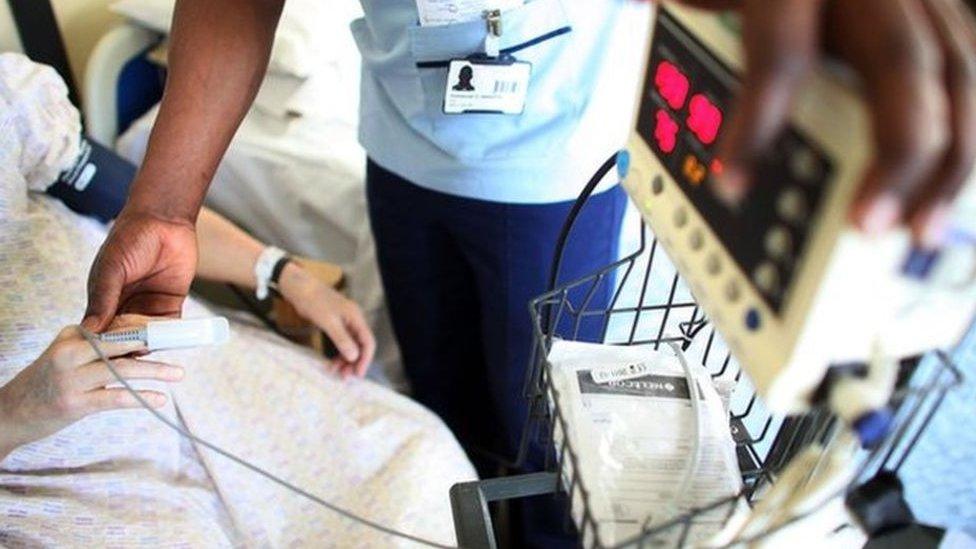
- Published22 April 2016

- Published8 July 2016
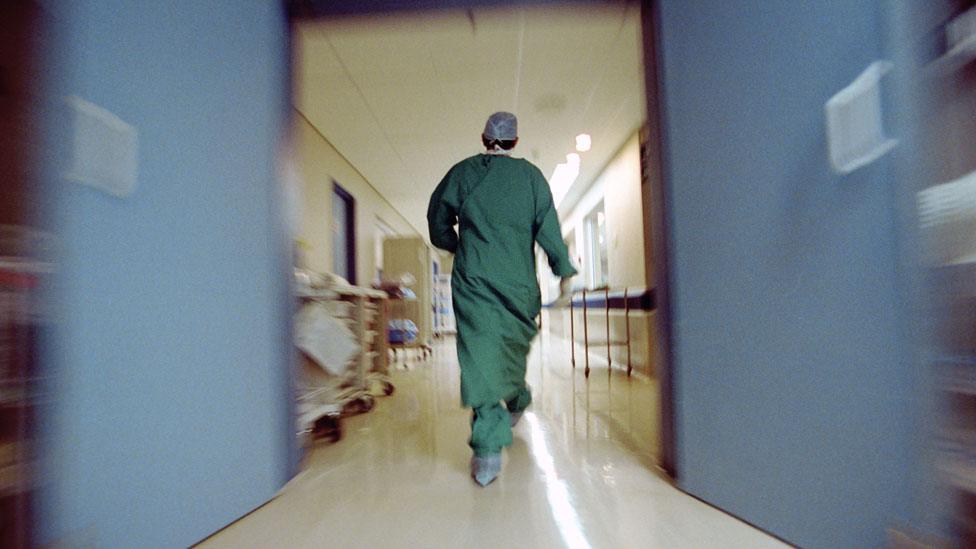
- Published7 July 2016
